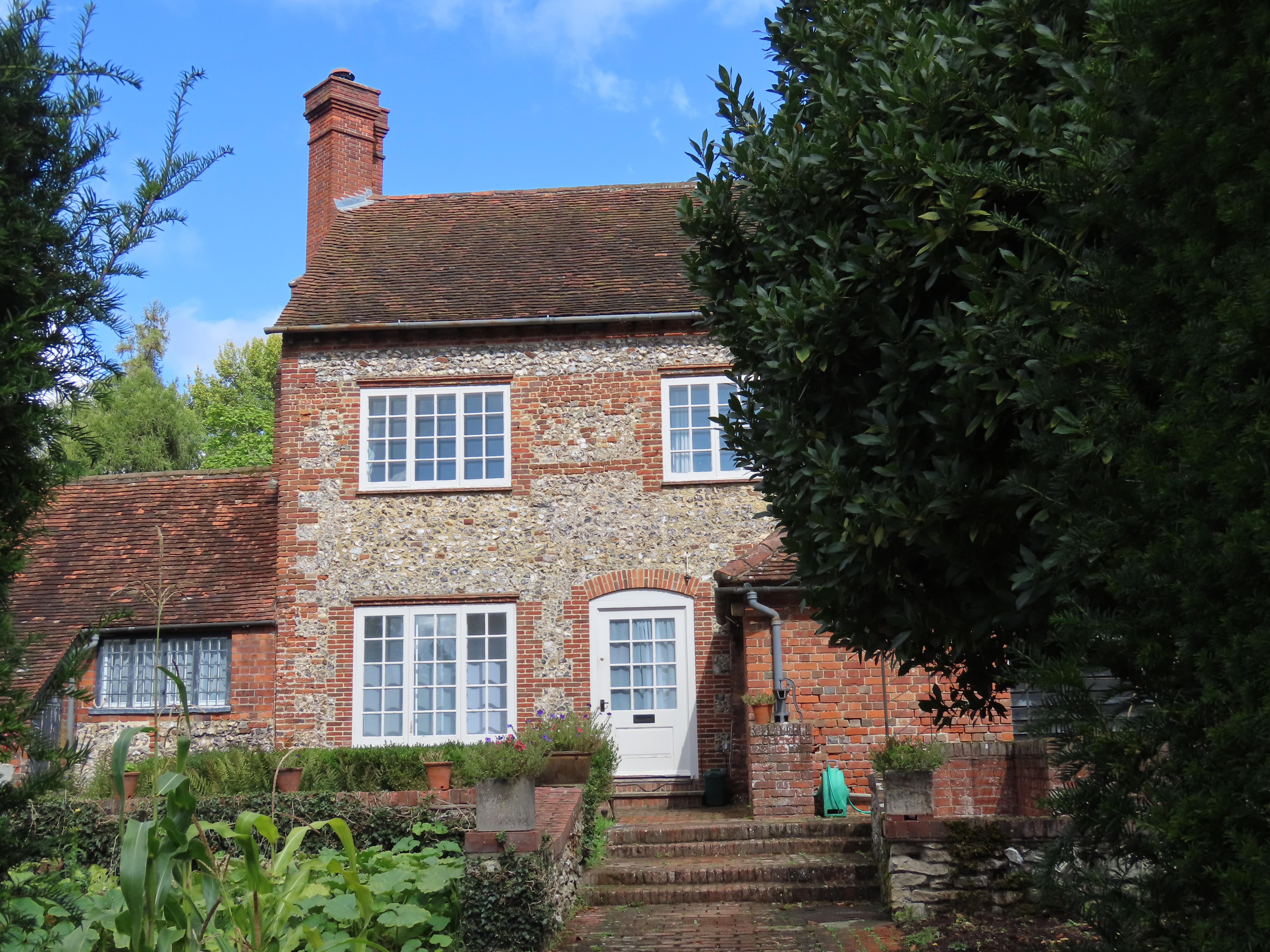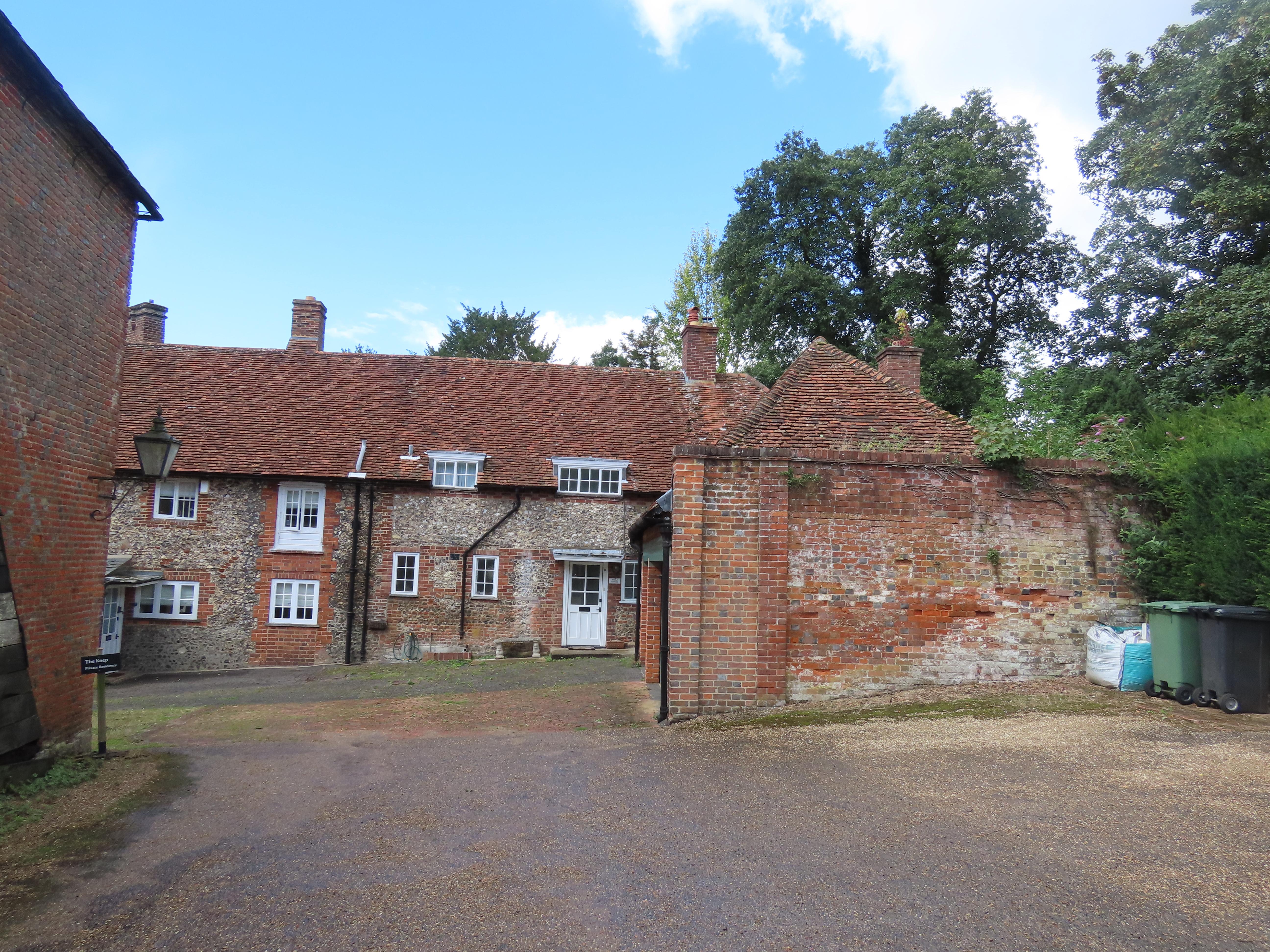In the intricate tapestry of luxury living, the role of a private estate manager emerges as a cornerstone of seamless home operations. As affluent households grow in complexity and scale, the demand for skilled professionals to oversee their daily functions has surged. These individuals are not merely caretakers; they are the architects of efficiency, orchestrating everything from staff management to financial oversight with precision. This analytical exploration delves into the multifaceted responsibilities of a private estate manager, shedding light on how they navigate the challenges of modern estate management. By examining their pivotal role, we gain insight into the delicate balance of maintaining opulence and order, ensuring that the grandest of homes operate like well-oiled machines.
Understanding the Core Responsibilities of a Private Estate Manager
In the intricate tapestry of managing a private estate, the estate manager plays a pivotal role, orchestrating a symphony of tasks to ensure seamless operations. Core responsibilities span a diverse range of activities that require a keen eye for detail and a strategic mindset. At the forefront is the oversight of household staff, ensuring that each team member operates efficiently and in harmony. This includes hiring, training, and managing schedules to ensure that every aspect of the household runs smoothly.
Beyond staff management, a private estate manager must also oversee property maintenance and vendor relationships. This involves coordinating with contractors for repairs, landscaping, and renovations, while maintaining a budget and ensuring quality standards are met. Other essential duties include financial management, where they must track expenses, manage accounts, and prepare financial reports. Additionally, they must handle event planning and liaise with external parties for social gatherings or private functions. Each task demands not only organizational prowess but also the ability to anticipate needs and resolve issues proactively, ensuring the estate remains a sanctuary of luxury and efficiency.

Streamlining Household Operations for Maximum Efficiency
In today’s fast-paced world, managing the intricacies of a modern household can often feel overwhelming. This is where a private estate manager steps in, offering a blend of expertise and efficiency that can transform home operations. These professionals are adept at handling various aspects of household management, ensuring that everything runs smoothly. By overseeing maintenance schedules, coordinating with service providers, and managing budgets, they ensure that every cog in the home machine functions seamlessly. Their role extends beyond mere oversight; they implement strategies that foster streamlined operations, ultimately saving time and reducing stress for homeowners.
- Vendor Coordination: Estate managers maintain relationships with trusted service providers, ensuring timely and quality service.
- Financial Oversight: They manage household budgets, track expenses, and provide detailed reports, allowing for informed financial decisions.
- Maintenance Management: Regular inspections and proactive maintenance schedules prevent issues from escalating into costly repairs.
- Staff Supervision: Overseeing domestic staff, they ensure high standards of service and address any personnel concerns efficiently.
By adopting a holistic approach, estate managers not only tackle immediate operational needs but also lay the groundwork for long-term household efficiency. Their presence allows homeowners to focus on what truly matters, confident that their home is in capable hands.

Balancing Traditional Duties with Modern Expectations
In today’s rapidly evolving landscape, the role of a private estate manager has transformed significantly, necessitating a delicate balance between time-honored responsibilities and contemporary demands. These professionals are entrusted with the intricate task of maintaining the elegance and efficiency of luxury homes, while seamlessly integrating modern conveniences. Estate managers must adeptly navigate both traditional duties, such as overseeing household staff and managing inventories, and modern expectations like utilizing smart home technologies and ensuring sustainability in operations.
Successful estate managers often embody a blend of classic and innovative skills. They might be seen:
- Organizing high-profile events that require a personal touch yet benefit from cutting-edge planning software.
- Supervising maintenance tasks that respect the heritage of the property while implementing eco-friendly solutions.
- Coordinating with staff and contractors through digital platforms to streamline communication and efficiency.
- Ensuring that the household runs smoothly by leveraging data analytics to anticipate needs and improve service quality.
This dual approach not only preserves the charm and tradition of luxury estates but also positions them to thrive in a modern context, ensuring they remain relevant and functional in an ever-changing world.

Expert Recommendations for Enhancing Estate Management Practices
- Implement Advanced Technology Solutions: In today’s digital age, incorporating cutting-edge technology into estate management can greatly enhance efficiency. From utilizing smart home devices that streamline daily operations to deploying property management software that tracks maintenance schedules and financial records, technology offers a suite of tools designed to optimize estate operations.
- Foster Open Communication Channels: Establishing clear and consistent communication between the estate manager and household staff is crucial. Regular meetings and updates ensure that everyone is aligned with the estate’s goals and expectations. This not only promotes a cohesive work environment but also facilitates the quick resolution of any issues that may arise.
- Prioritize Sustainable Practices: Incorporating eco-friendly practices into estate management is becoming increasingly important. This includes implementing energy-efficient systems, promoting waste reduction, and sourcing local, sustainable products. These practices not only benefit the environment but can also lead to cost savings in the long run.
- Invest in Continuous Training: The role of an estate manager is dynamic and requires staying updated with industry trends and best practices. Providing regular training opportunities for both the manager and staff ensures they are equipped with the latest skills and knowledge to manage the estate effectively.



